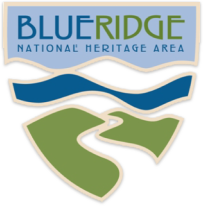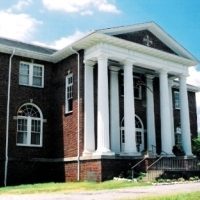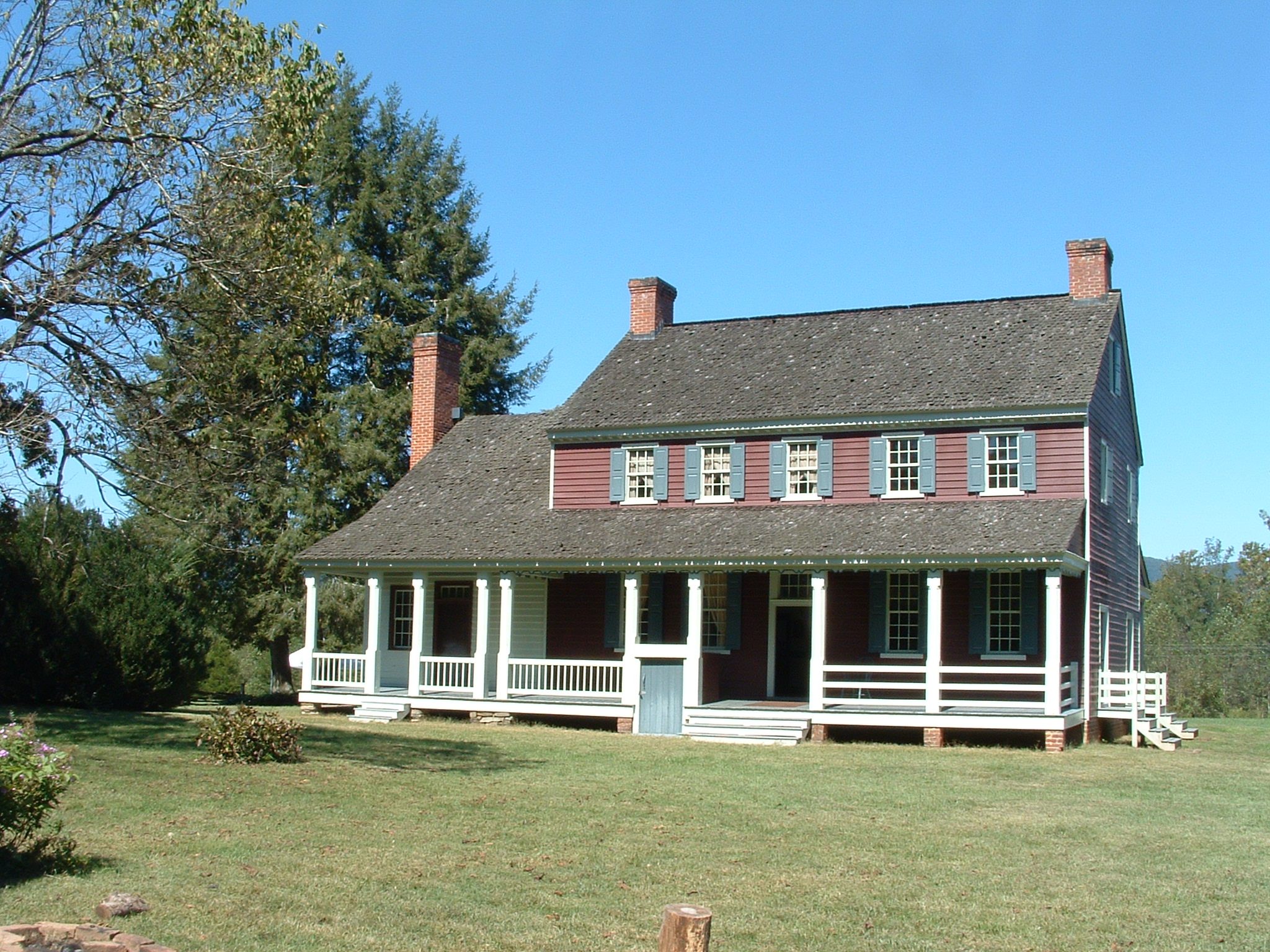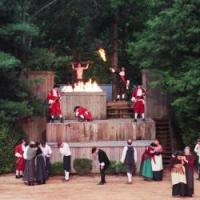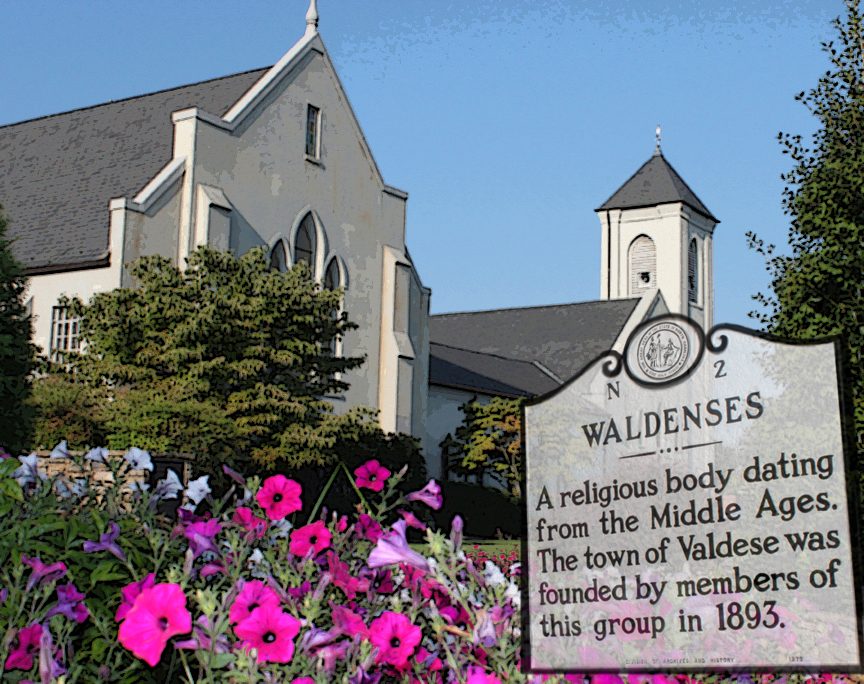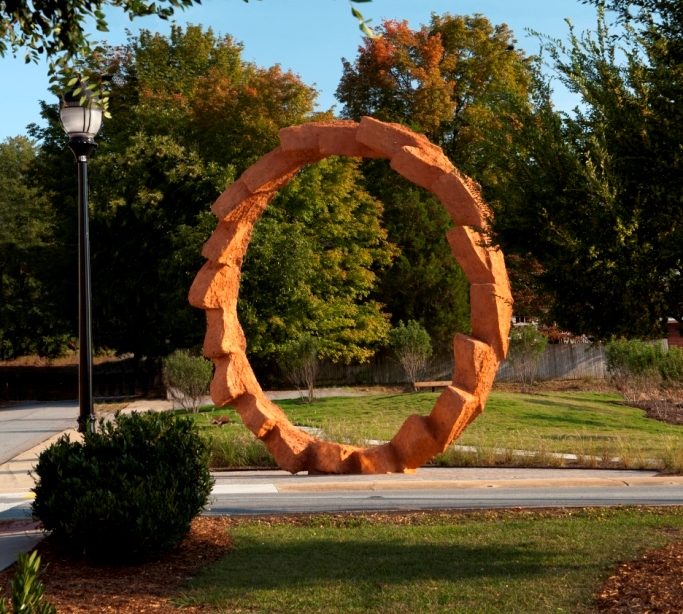
The original settlement of Lenoir was first known as Tucker’s Barn after the family that settled on the north side of Lower Creek around 1765. The Tucker homestead became a gathering place, serving as voting precinct, muster ground, store and a place for “frolics” and celebrations. When Caldwell County was formed in 1841, a commission was appointed to select a county seat. The site of “Tucker’s Barn,” was chosen and new county seat was named Lenoir in honor of Revolutionary War hero General William Lenoir, who later became a trustee of the University of North Carolina.
Hogwaller and the Birth of Southern Furniture Manufacturing
Prior to the Civil War, Lenoir’s economy was based on agriculture with large farms producing cotton, corn and some tobacco. Hogwaller, a marketplace for bartering farm produce and animals, thrived in the center of town. Davenport College, a school for young women flourished. Four opera houses, a large library and a rich tradition of musical and artistic talent led one newspaper of the time to describe Lenoir as the “Athens of western North Carolina.” By late 1880, the development of a locally-owned rail line and the abundant natural resources of water and timber set the stage for the birth of the furniture manufacturing industry. From 1889, when T.H. Broyhill formed the Lenoir Furniture Company, until the twenty-first century, the furniture industry in Lenoir produced fine hand-crafted furniture that graced homes in over 30 different countries.
Globalization, Google and “Across the Grain”
With the coming of globalization to American manufacturing, Lenoir began rebuilding and diversifying its economy. Internet giant Google selected Lenoir as the site of one of its largest data storage facilities in 2007. The diversity of architecture of the historic buildings in the Lenoir Downtown National Register Historic District and the quality of the pieces in Caldwell County’s Outdoor Sculpture Collection, reflect Lenoir’s heritage of craftsmanship and artistic talent. Home to more pieces of outdoor sculpture than any other community of its size in the United States, Lenoir attracted the attention of renowned sculptor Thomas Sayre, who created and installed a massive earthcast sculpture “Across the Grain” in downtown Lenoir.
Parks, Museums & Art Centers
The twenty acre T.H. Broyhill Walking Park offers a .43 mile walking trail around a beautifully landscaped lake. The park is home to the Joe T. Ingram Nature Sanctuary for waterfowl and botanical gardens. Visitors to Lenoir can get a glimpse of the history of Western North Carolina at the Caldwell Heritage Museum. The museum is home to two dozen permanent exhibits and features rotating special exhibits thorough out the year. Runners, walkers, cyclists and skaters can enjoy the 5.6 miles of paved trails that make up the Lenoir Greenway.
The Caldwell Arts Council, located in the historic childhood home of former United States Senator Jim Broyhill, fills four galleries with visual arts exhibits yearly. Historic St. James Episcopal Church is home to an impressive collection of the works of renowned artist Johannes A. Oertel, who was a rector of the church from 1869-1876. The church and grounds around it also figured prominently in the history of Stoneman’s Raid as the site of a prison for captured Confederate soldiers. The site is marked on the North Carolina Civil War Trails map.
Festivals and Events
Remember the sweet goodness of a juicy blackberry on a summer day? You can enjoy that experience and more—without the chiggers—at the annual NC Blackberry Festival in July. Fabulous Family Films and Friday After Five on the Square are just two of the annual summer events series held at the Stage on the Square in downtown Lenoir. Described as “100 miles of pure hill” The Bridge cycling event begins in Lenoir and ends at Grandfather Mountain each September. The annual Sculpture Celebration attracts thousands of art lovers each September.
Farmers Markets
The Lenoir Downtown Farmers Market is open every Saturday from 2 pm to 6 pm. The market is a Producer Only market as it only sells what it makes and grows. The market belongs to the Appalachian Agriculture Sustainable Project. It offers fresh local produce, crafts, candles, BBQ Sauce, herbal tea’s, herbs, canned goods, wood crafts, flowers and jewelry. The market even has a massage tharapist, kids korner and community booth. Buy Local, Buy Fresh, Buy Quality.

